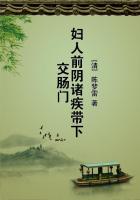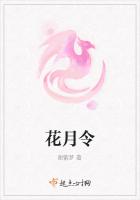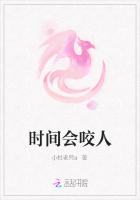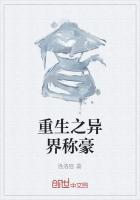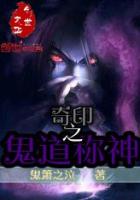When the fortunes of the Confederacy in both camp and council began to ebb, the life of the Southern people had already profoundly changed. The gallant, delightful, carefree life of the planter class had been undermined by a war which was eating away its foundations. Economic no less than political forces were taking from the planter that ideal of individual liberty as dear to his heart as it had been, ages before, to his feudal prototype. One of the most important details of the changing situation had been the relation of the Government to slavery. The history of the Confederacy had opened with a clash between the extreme advocates of slavery--the slavery-at-any-price men--and the Administration. The Confederate Congress had passed a bill ostensibly to make effective the clause in its constitution prohibiting the African slave-trade. The quick eye of Davis had detected in it a mode of evasion, for cargoes of captured slaves were to be confiscated and sold at public auction. The President had exposed this adroit subterfuge in his message vetoing the bill, and the slavery-at-any-price men had not sufficient influence in Congress to override the veto, though they muttered against it in the public press.
The slavery-at-any-price men did not again conspicuously show their hands until three years later when the Administration included emancipation in its policy. The ultimate policy of emancipation was forced upon the Government by many considerations but more particularly by the difficulty of securing labor for military purposes. In a country where the supply of fighting men was limited and the workers were a class apart, the Government had to employ the only available laborers or confess its inability to meet the industrial demands of war.
But the available laborers were slaves. How could their services be secured? By purchase? Or by conscription? Or by temporary impressment?
Though Davis and his advisers were prepared to face all the hazards involved in the purchase or confiscation of slaves, the traditional Southern temper instantly recoiled from the suggestion. A Government possessed of great numbers of slaves, whether bought or appropriated, would have in its hands a gigantic power, perhaps for industrial competition with private owners, perhaps even for organized military control. Besides, the Government might at any moment by emancipating its slaves upset the labor system of the country. Furthermore, the opportunities for favoritism in the management of state-owned slaves were beyond calculation. Considerations such as these therefore explain the watchful jealousy of the planters toward the Government whenever it proposed to acquire property in slaves.
It is essential not to attribute this social-political dread of government ownership of slaves merely to the clutch of a wealthy class on its property. Too many observers, strangely enough, see the latter motive to the exclusion of the former. Davis himself was not, it would seem, free from this confusion. He insisted that neither slaves nor land were taxed by the Confederacy, and between the lines he seems to attribute to the planter class the familiar selfishness of massed capital. He forgot that the tax in kind was combined with an income tax. In theory, at least, the slave and the land--even non-farming land--were taxed. However, the dread of a slave-owning Government prevented any effective plan for supplying the army with labor except through the temporary impressment of slaves who were eventually to be returned to their owners. The policy of emancipation had to wait.
Bound up in the labor question was the question of the control of slaves during the war. In the old days when there were plenty of white men in the countryside, the roads were carefully patrolled at night, and no slave ventured to go at large unless fully prepared to prove his identity. But with the coming of war the comparative smallness of the fighting population made it likely from the first that the countryside everywhere would be stripped of its white guardians. In that event, who would be left to control the slaves? Early in the war a slave police was provided for by exempting from military duty overseers in the ratio approximately of one white to twenty slaves. But the marvelous faithfulness of the slaves, who nowhere attempted to revolt, made these precautions unnecessary. Later laws exempted one overseer on every plantation of fifteen slaves, not so much to perform patrol duty as to increase the productivity of plantation labor.





